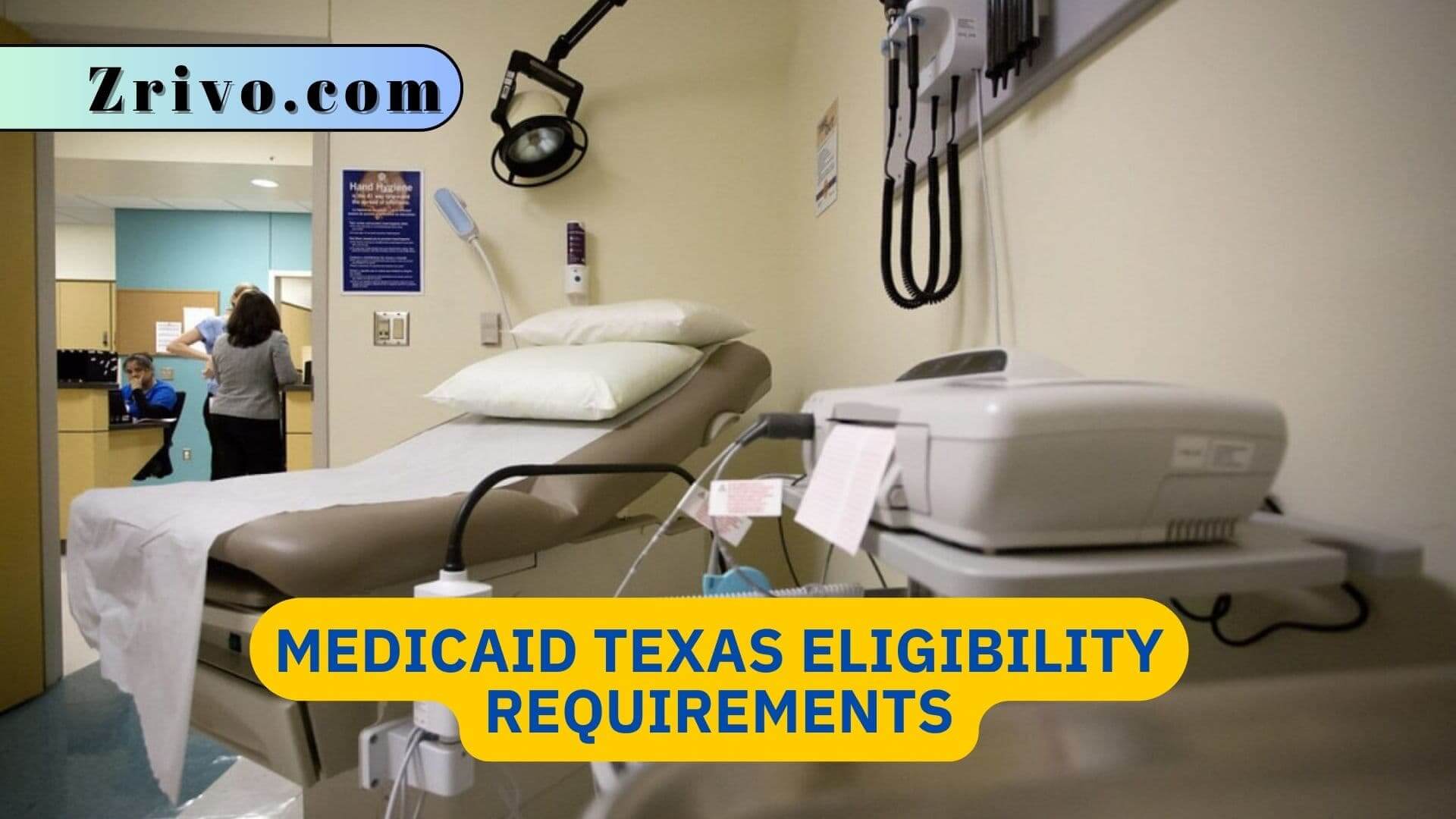Medicaid Texas Eligibility Requirements
Texas Medicaid offers free or low-cost health coverage for Texans who meet income and resource eligibility requirements. Eligibility is based on household size and annual income.

A person can get Medicaid in Texas if they are a senior or adult with a disability and have no other health insurance. Depending on income, the state may also provide help with Medicare premiums, deductibles, and coinsurance. Some people can also get help paying for home and community-based waiver services and supports. Some low-income children can get free or low-cost health coverage through Children’s Medicaid and the CHIP program. To qualify, a child must be under 18 years old and a Texas resident. They must also be a U.S. citizen or qualified non-citizen. Children who were in Texas foster care at age 18 or older and got Medicaid after leaving the system are also eligible for coverage.
A person who is determined to be eligible for Medicaid in Texas can choose between managed care and fee-for-service. Some clients in urban areas are eligible to participate in the Medicaid Buy-In program, which offers participants a monthly premium that they must pay. Other clients who do not have a choice of managed care will be enrolled as fee-for-service patients. Eligibility is based on a client’s income, assets, and medical needs. Some assets, such as personal belongings, household furnishings, one car, and irrevocable burial trusts, are not countable. Other assets that count include cash, stock or mutual funds, bank accounts, and investment property. For more information, check the eligibility rules for your area.

What Are the Different Types of Medicaid in Texas?
There are several types of Medicaid in Texas. Your Medicaid type depends on your age, medical condition, and income level. Some types of Medicaid are available only to specific groups of people, such as children, older adults, and those with disabilities. Others are available to everyone who meets the eligibility criteria.
Eligibility for Medicaid is determined by a complex set of rules and regulations. The state uses a formula to calculate a household’s income, and this number is compared to the federal poverty line for each family size. The formula also considers family assets and expenses.
The state uses the results of this calculation to determine a person’s eligibility for different types of Medicaid. There are several exceptions to these rules, however. For example, a person’s Social Security benefits count as income for purposes of Medicaid but not as assets. Additionally, if an individual enrolls in the managed care program called STAR+PLUS and begins to earn more than the program’s limit, they may be able to continue receiving waiver services by participating in the STAR+PLUS buy-in option.
Individuals who receive Medicaid should be aware that they are required to recertify their eligibility on a yearly basis. This process is called Medicaid redetermination and is conducted by the Texas Health and Human Services Commission (HHSC). It is important to stay in contact with HHSC and ensure they have your current contact information.

Medicaid Texas Minimum Income Requirements
To qualify for Texas Medicaid, applicants must meet minimum income requirements. These income limits are based on the size of the family and vary by region. Some income is considered countable, including employment wages and alimony payments. Other un countable income includes the equity in a personal residence, stock dividends, and IRA withdrawals. Aid and Attendance benefits, Housebound pensions, and Holocaust restitution payments are also excluded.
Most families in Texas make too much money to get Medicaid coverage, but there are some exceptions. Pregnant women can get Medicaid through the Texas Children’s Health Insurance Program, and the monthly income limit is slightly higher than for adults. Adults have limited options for low-income health insurance in Texas, but community health centers and private health insurance might be available. The ACA, or Obamacare, required states to cover adult adults up to 100% of the poverty level, but Texas did not adopt the expansion.





